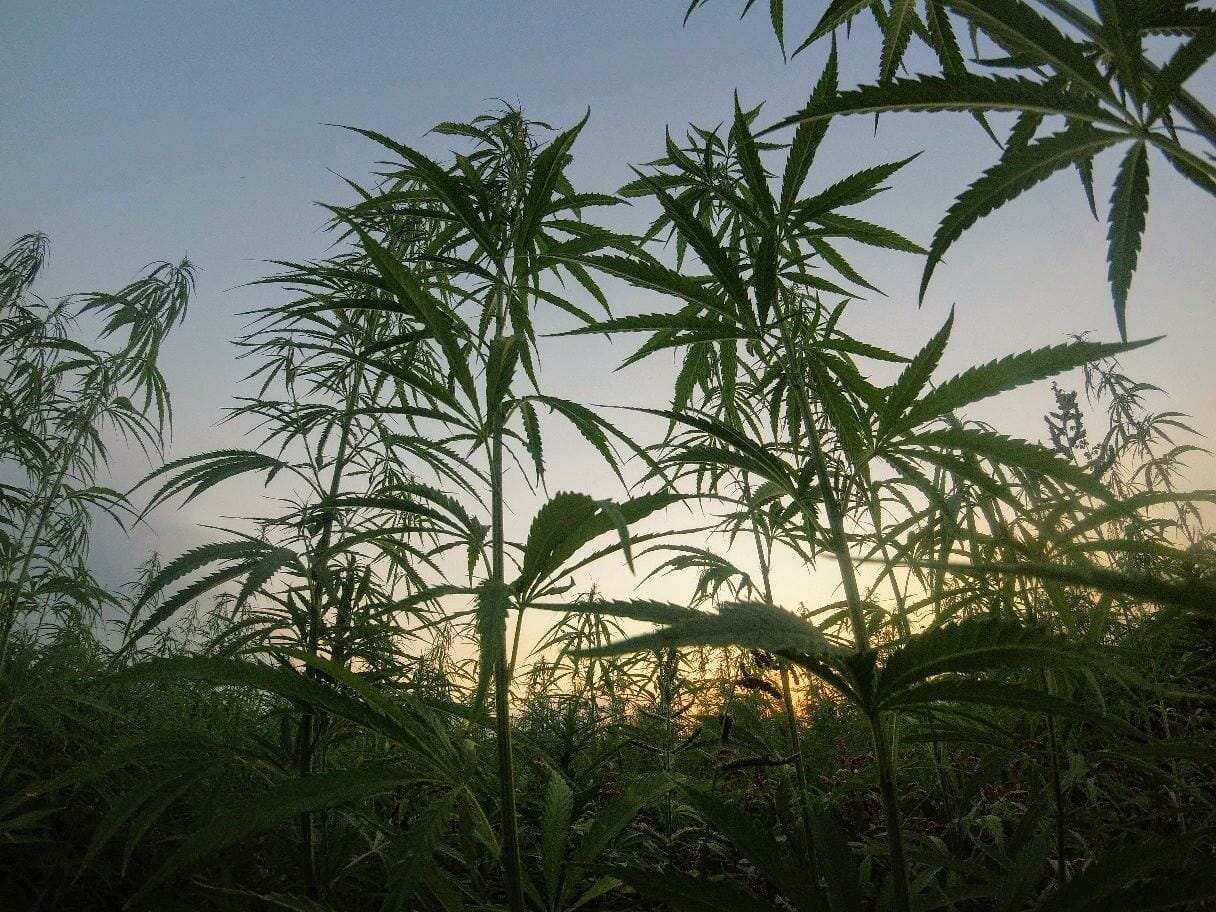Hemp’s entry into the legal market has made it a hot new commodity but like any emerging sector, there are plenty of kinks to be ironed out in the years to come. The USDA recently estimated that 20% of hemp lots will exceed the 0.3% THC limit next year meaning that the lots will have to be destroyed. A “hot” crop is bad news for hemp producers who are already vying for market share in the oversaturated market. If the crop tests above 0.5% THC, producers will be deemed in negligent violation of the federal rules and could face criminal prosecution.
Front Range Biosciences, the hemp and cannabis biotech startup, has come up with a solution: 100% THC-free hemp.
“Introducing a cutting edge plant variety like Panakeia will have a seismic ripple effect in the hemp farming industry in the US,” Dr. Jonathan Vaught, co-founder and CEO of Front Range Biosciences, said in a statement announcing a new partnership to bring the THC-free hemp variety to market. “Our company’s mission from the beginning has been to provide sustainable and modern solutions to mainstream agricultural practices, and I believe the Panakeia hemp variety will not only encourage more streamlined farming methods but also introduce more Americans to even more of the potential wellness properties of the hemp plant.”
Front Range Biosciences is partnering with Hemp Trading, a Spanish company, to distribute Panakeia, which the duo claims to be the first THC-free, high-cannabigerol content hemp variety. Cannabigerol (CBG) is a compound in the plant that’s not dissimilar to its more famous relative cannabidiol (CBD) in its potential applications for human health and wellness. It could provide therapeutic relief for Crohn’s disease, colon cancer, glaucoma, Parkinson’s, and Alzheimer’s, according to Hemp Trading.
The goal of the partnership is to foster large-scale production and distribution of the gene-edited variety in the US. Spanish university Universidad Politécnica de Valencia assisted Hemp Trading with the development of Panakeia.
Hot crops most frequently happen when a grower is experimenting with a new seed, according to the Colorado Department of Agriculture, but there are other factors that can create too-high THC levels like long flowering periods and growing conditions. The hemp strain Colorado Gold is infamous for spiking THC levels during the flowering stage, for example.
And while most regulatory agencies are concerned about crops containing too much THC, many growers point out that cannabis plants with 0.5% concentration levels are not exactly going to get people high. The average THC concentration in weed grown in Colorado is 18.7% ,for comparison, and multi-year data suggest that the concentration continues to get higher nationwide.
Still, rules are rules. The need to stay below the limit or face losing an entire production year has created a high demand for strains with predictable growing patterns and THC levels.
“The American market is key to the commercialization of Panakeia as hemp is grown here on a large scale, and the agreement with these three companies represents a big opportunity for launching Panakeia in the USA,” Ernesto Llosá, CEO of Hemp Trading, said in the same statement. “The crop forecasts for next year are more than promising. It is expected that production will triple from 80,000 acres in 2019 to around 250,000 acres in 2020.”
Front Range and Hemp Trading aren’t the first to offer a THC-free strain. GenCanna Global announced in January that it found what it described as a “holy grail” for hemp genetics, a strain that produces zero THC without the need for gene editing. Created in partnership with the University of Kentucky, the genetics are branded and marketed under the brand Outdoor Cannabis.





